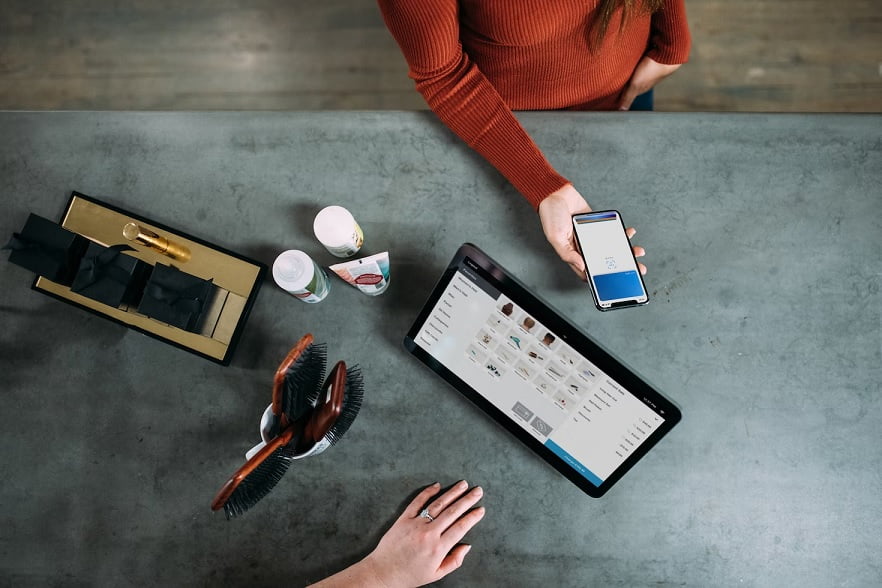In recent years, many have turned to freelance work to supplement their day jobs or fully depend on these gigs to support themselves. However, many of these contract workers suffer from delayed payments despite completion of work. A report on businesses that hire freelancers found that 27% and 37% of small and medium companies that employ contractual workers respectively admit to taking more than 90 days to pay freelance workers. At least 28% of these small businesses cite cash flow as the main reason for deferred payment, with as much as 62% of these issues caused by late payments from suppliers and customers.

Considering these cyclical problems, it’s important for freelancers to set up proper payment channels to get timely payments. Here are some tips freelancers can do to ensure proper and timely payment:
Securing work with a contract
One of the most essential things to do as a freelancer is to produce contracts for every job you undertake. After all, freelancers in the gig economy lack the financial safety nets enjoyed by full-time employees, especially in an uncertain world. By creating contracts for work, you significantly reduce the chance of dispute regarding the scope of work, rates, due dates, and confidentiality. Moreover, having a contract can serve as a professional agreement, giving a great first impression to your new client. Creating the contract doesn’t have to be done by a lawyer. Instead, you can opt to use existing templates online, then modify the terms and conditions in accordance with the agreed-upon project details. Depending on the scope and term of work, you may want your clients to provide an initial down payment upfront or deposit half of the payment upon partial completion of the work.
Using a smart payment processing solution
Given the digital nature of many freelancers or small businesses’ creative work, they need to streamline payment processes to avoid any difficulties on both the worker and client sides. As such, payment solutions for small businesses are designed to help you grow your business by offering customers more options — including paying by phone via a virtual terminal or clicking links on an email invoice. Furthermore, these payment methods are secure, protecting your business from any fraud or cyberattacks. When choosing a payment processor, it’s important to consider platforms with good customer service and 24-hour support, in case you need to offer customers refunds or have issues with the platform.
Invoicing on schedule
Instead of getting paid every month, freelancers should bill immediately upon completing a job or opt for weekly payments, especially when working with new clients. This can remind your client about the project and also build trust between both businesses, helping you assess the reliability of this gig. If your client is late to payment, you can resend your invoice with a past-due notification— leaving a direct paper trail, which can be helpful in worst-case scenarios if payment is not received at all. Through this follow-up process, you can minimise delays and ensure you’re paid properly.

Protecting money and data from cyberattacks
As freelancers, you likely rely on emails and other platforms to facilitate business and receive payments. Although some websites are generally safe, cyberattacks like phishing or ransomware can strike at any time. Our post on cybersecurity shares how these digital issues may leave you at serious risk of financial loss, reputational damage, and legal liabilities, so it’s essential that you take the necessary precautions to safeguard your business and its assets. You can install a good anti-virus software on all computers and devices to protect your business from malware, as well as other security threats. Additionally, you should back up your data so that your progress is not lost to breaches, and you can still receive client payments on time.



